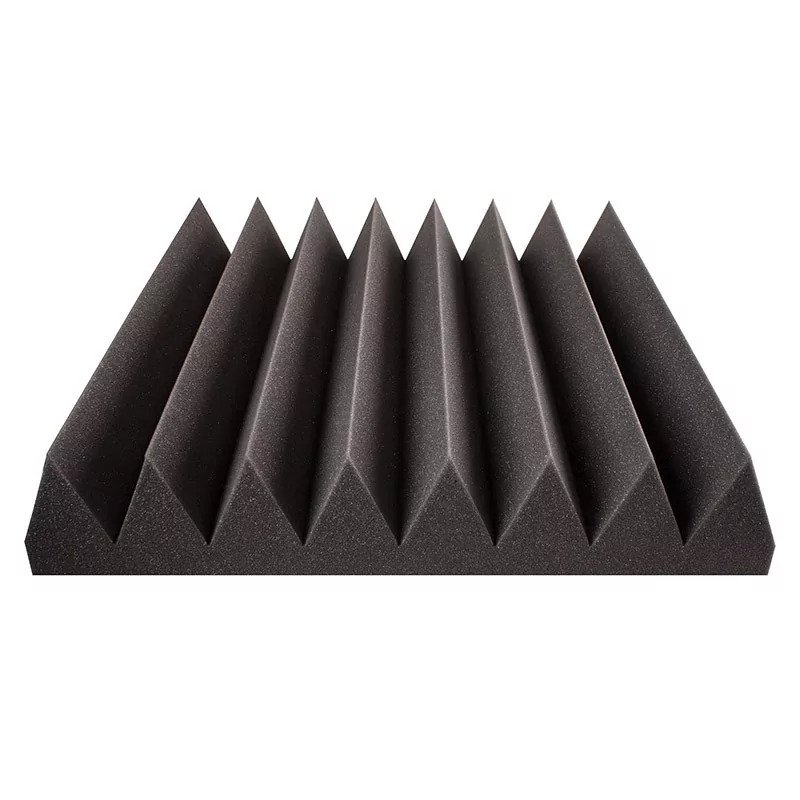Delivering the Hurry: Dive into the Universe of Web Gaming
In the reliably creating scene of redirection, electronic gaming stands separated as a lively and dynamic area that excites millions all over the planet. From adrenaline-siphoning action to key challenges, the high level wilderness exercise center of web gaming offers a striking experience like no other.
Embracing the Electronic Wilderness exercise center: The Allure of Web Gaming
Researching Various types
Dive into countless gaming sorts that deal with every single taste and tendency. Whether you love unprecedented first-individual shooters, key consistent procedure games, or the clear describing of imagining encounters, electronic gaming gives a lot of decisions to fulfill your gaming hankering.
MULTIPLAYER Magic
One of the portraying components of online gaming is its reliable joining of multiplayer handiness. Participate in unbelievable conflicts with buddies or partner with gamers all over the planet, empowering a sensation of neighborhood competition that lifts the gaming experience higher than at any other time.
Creating Plans AND Development
Witness the improvement of gaming plans and advancement in the electronic circle. As advancement advances, so does the visual nature of electronic games, laying out an obviously stunning and enchanting environment for players to research.
The Site design improvement Excursion: Investigating the Web Gaming Scene
Moving forward YOUR Site improvement GAME
In the brutally ferocious high level field, succeeding at Site smoothing out (Website improvement) is fundamental for any online gaming stage. From fundamental watchword position to making persuading meta portrayals, overhauling your webpage ensures higher detectable quality and situating on web search device result pages.
Expressions THAT Request Thought
Consolidate carefully picked expressions associated with your web gaming specialty to attract the right group. From game-unequivocal terms to moving industry in vogue articulations, combining these watchwords definitively in your substance assists your website’s congruity and web with looking through device situating.
Making Persuading META Names
Meta names go probably as the virtual entrance to your web gaming world. Ensure they are instructive as well as dazzling, persuading clients to click and explore. A particularly made meta portrayal can be the best approach to enamoring likely players and assisting your site’s dynamic clicking with figuring.
The Future Horizon: Examples Shaping Web Gaming
PC produced REALITY Rebellion
Step into the future with the striking experience of expanded reality (VR) gaming. As development continues to advance, VR is reshaping the web gaming scene, offering players a more definite and interfacing with experience.
CLOUD GAMING Solace
Embrace the time of cloud gaming, where players can get to their main titles immaculately without the necessity for excellent quality hardware. This example is improving the gaming business, making extraordinary gaming experiences more open to a greater group.
ESPORTS Characteristic
The rising of esports has taken web gaming higher than any time in recent memory, transforming it into a casual exercise. Impact the creating distinction of esports by changing your web gaming stage to this quirk, attracting the two players and watchers the equivalent.
End: Clutching the Web Gaming Elevated place
With everything taken into account, the space of electronic gaming is a strong universe stacked up with tremendous possible results. Whether you’re a player, planner, or Site design improvement enthusiast, understanding and changing in accordance with the consistently changing scene is essential. With the right blend of entrancing substance, key Web improvement, and an eye on emerging examples, you can make due as well as thrive in the serious area of electronic gaming.
Lift Your Gaming Experience: Reveal the Subtle strategies
Making an Interfacing with Player Experience
Clever Describing
Lower players in a story rich environment where choices matter. Make persuading storylines that enchant and hold the player’s thought, ensuring a basic and distinctive gaming experience.
Predictable UI
Update your game’s UI for regular course. A steady and straightforward point of interaction updates player satisfaction, engaging deferred responsibility with your electronic gaming stage.
Altered GAMING Journeys
Complete redid gaming experiences hand crafted to individual tendencies. Whether through flexible images, in-game choices, or adaptable difficulty levels, giving a modified endeavor makes players contributed and need to an ever increasing extent.
Social Blend: Building a Gaming Social class
Conversations AND SOCIAL Stages
Make committed conversations or impact existing social stages to develop a sensation of neighborhood your players. Support discussions, share updates, and develop a dependable following that connects past the gaming screen.
IN-GAME Facilitated endeavors
Consolidate agreeable components inside your games. Whether through multiplayer modes, bunch hardships, or in-game events, these agreeable parts support the social surface of your gaming neighborhood.
Interfacing with CONTENT CREATION
Connect with your players to make and share content. Client created content, for instance, progressing cooperation accounts, fan craftsmanship, or educational activities, not simply adds significance to your web gaming neighborhood also fills in as huge extraordinary material.
Staying Ahead: Embracing Mechanical Types of progress
CROSS-Stage Similitude
Separate preventions by ensuring your game is playable across various stages. Whether on PC, control focus, or convenient, engaging cross-stage similitude develops your player base and ensures a reliable gaming experience.
Man-made intellectual ability Coordination
Coordinate man-made insight driven parts to redesign intelligence. Whether through vigilant NPC collaborations, dynamic circumstances, or tweaked hardships, reenacted insight coordination adds a layer of intricacy to your web gaming experience.
Consistent UPDATES AND Advancements
Keep your gaming scene new and jet77 slot stimulating with standard updates and augmentations. This holds your ongoing player base as well as attracts new players restless to explore the latest substance and components.
Last Examinations: Ruling the Electronic Gaming Space
In the consistently creating universe of electronic gaming, staying ahead requires a mix of key Web streamlining, attracting blissful creation, and a promise to embracing mechanical movements. By twisting around together these parts, you raise the player experience as well as assurance your electronic gaming stage thrives in the relentless high level scene. Subsequently, set out on this journey, open the most extreme limit of your electronic gaming experience, and let the world experience the rush you’ve painstakingly made.…










 l spending plan. One way or the other, playing stickman games online can permit you to partake in a great deal of diversion without dishing out any cash.The various stickman games guarantee you generally have a wide assortment of games to look over. A portion of the more well known stickman games you can browse incorporate stick battle games. On the off chance that you are curious about these games, it is smart to invest some energy playing these games. This guarantees that you will be more acquainted with them and increment your abilities. Investing a lot of energy playing these games can assist you with quickly fabricating your abilities and become more serious. On the off chance that you appreciate playing against companions and contrasting your scores with those of different clients this is an effective method for turning out to be vastly improved at the games you appreciate. While investing more energy playing stickman games is an effective method for building and improving your abilities, it is likewise an effective method for investing some time getting a charge out of yourself.There are a couple of things that you ought to know when you are playing stickman
l spending plan. One way or the other, playing stickman games online can permit you to partake in a great deal of diversion without dishing out any cash.The various stickman games guarantee you generally have a wide assortment of games to look over. A portion of the more well known stickman games you can browse incorporate stick battle games. On the off chance that you are curious about these games, it is smart to invest some energy playing these games. This guarantees that you will be more acquainted with them and increment your abilities. Investing a lot of energy playing these games can assist you with quickly fabricating your abilities and become more serious. On the off chance that you appreciate playing against companions and contrasting your scores with those of different clients this is an effective method for turning out to be vastly improved at the games you appreciate. While investing more energy playing stickman games is an effective method for building and improving your abilities, it is likewise an effective method for investing some time getting a charge out of yourself.There are a couple of things that you ought to know when you are playing stickman 




